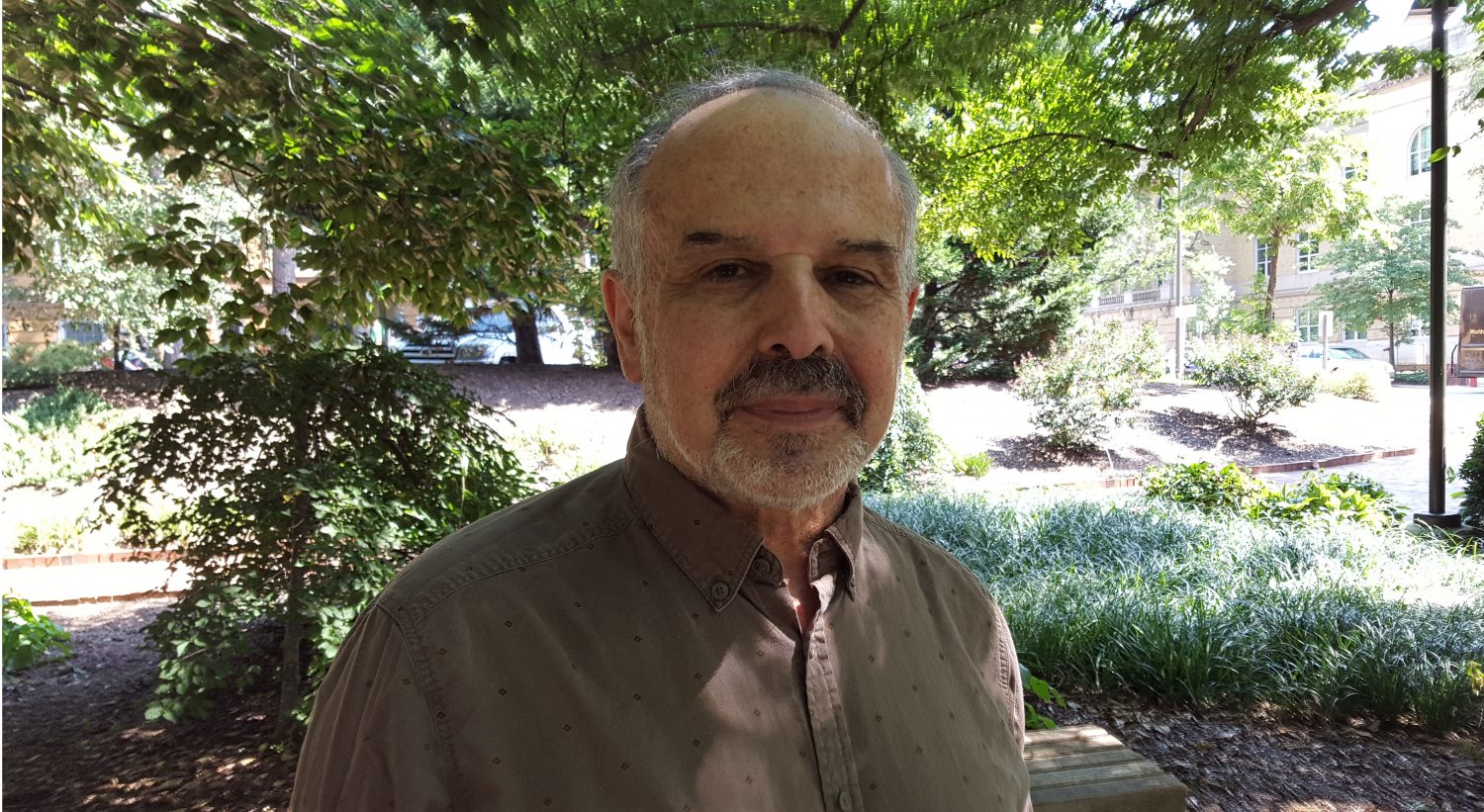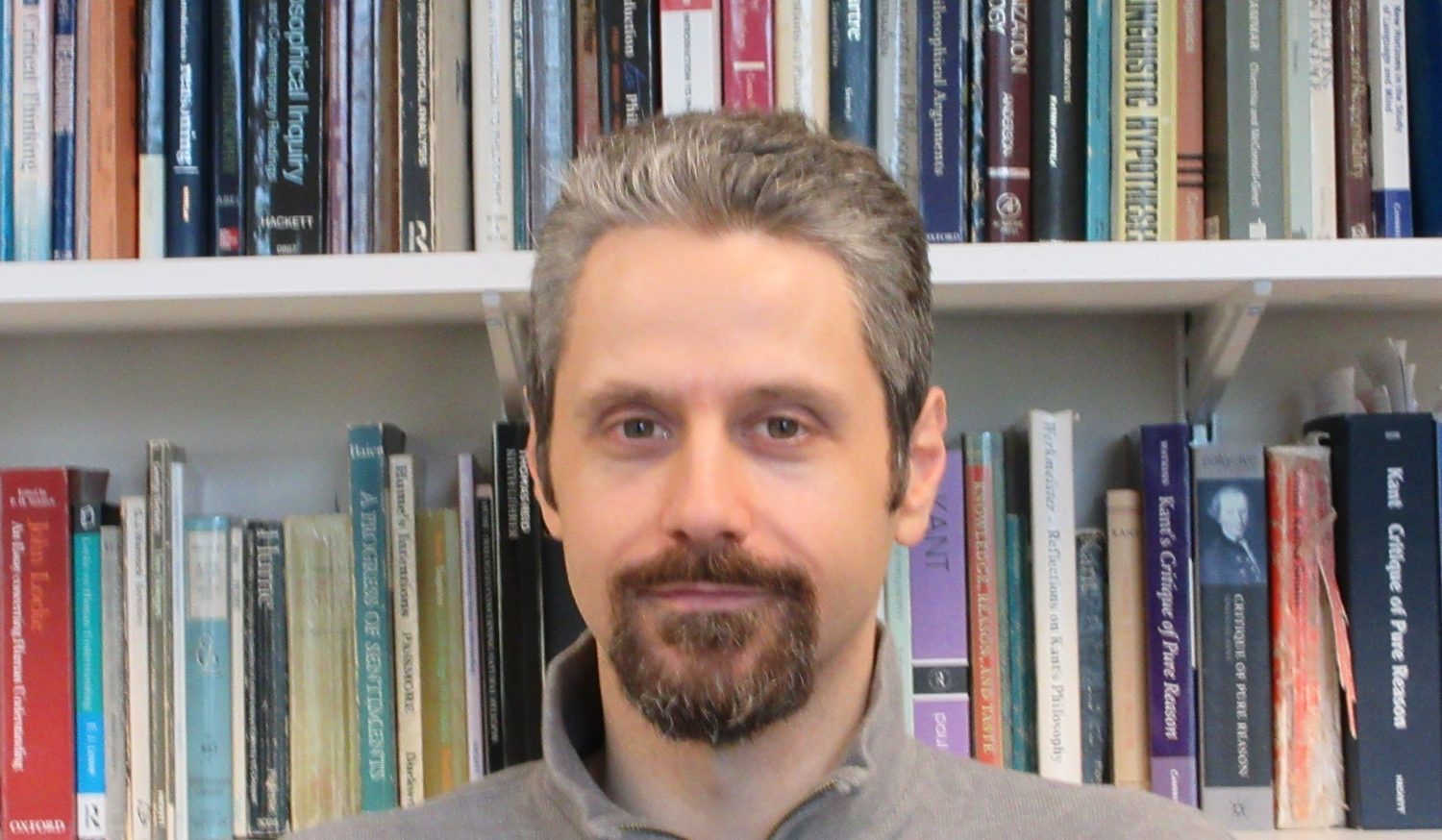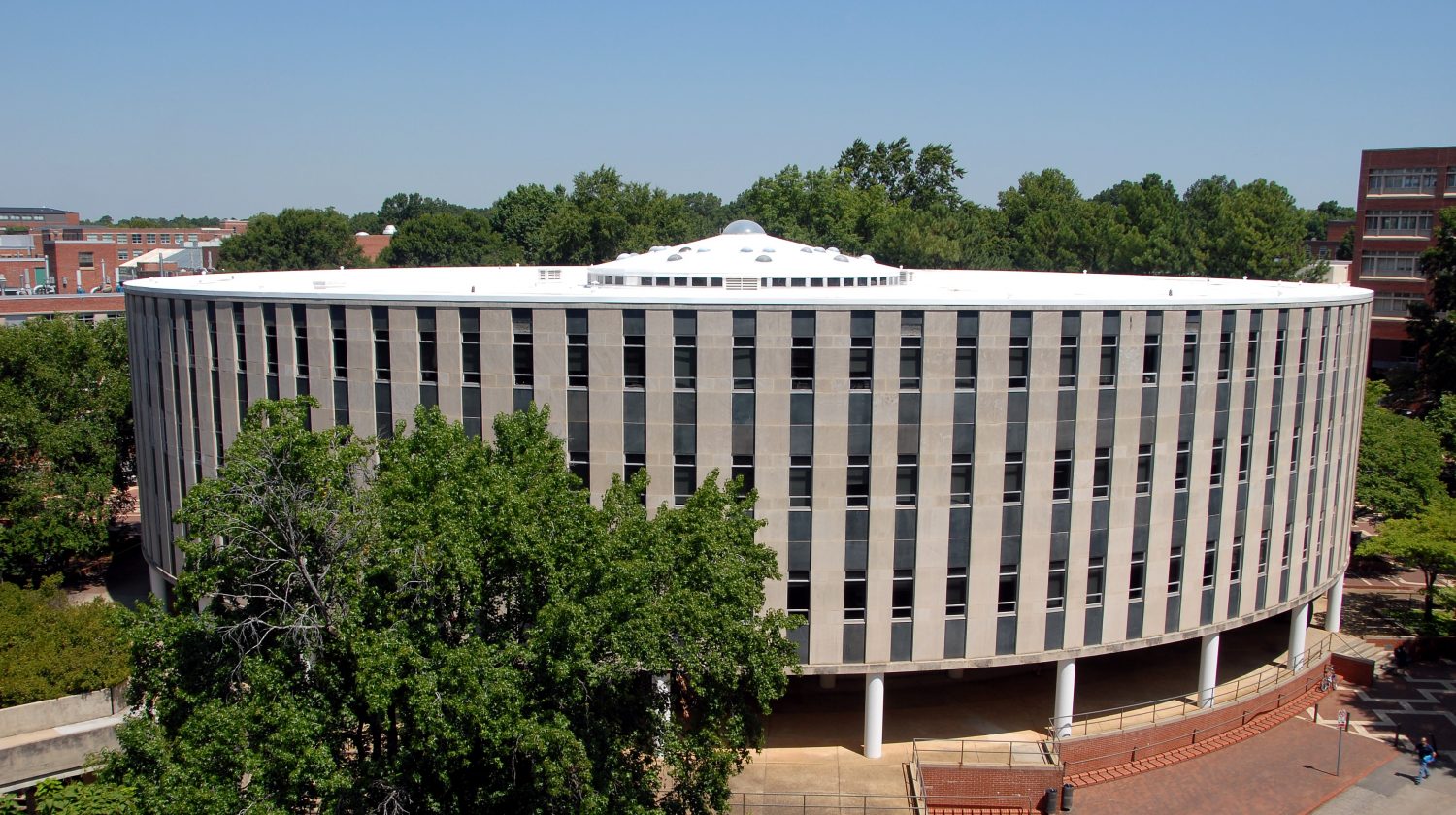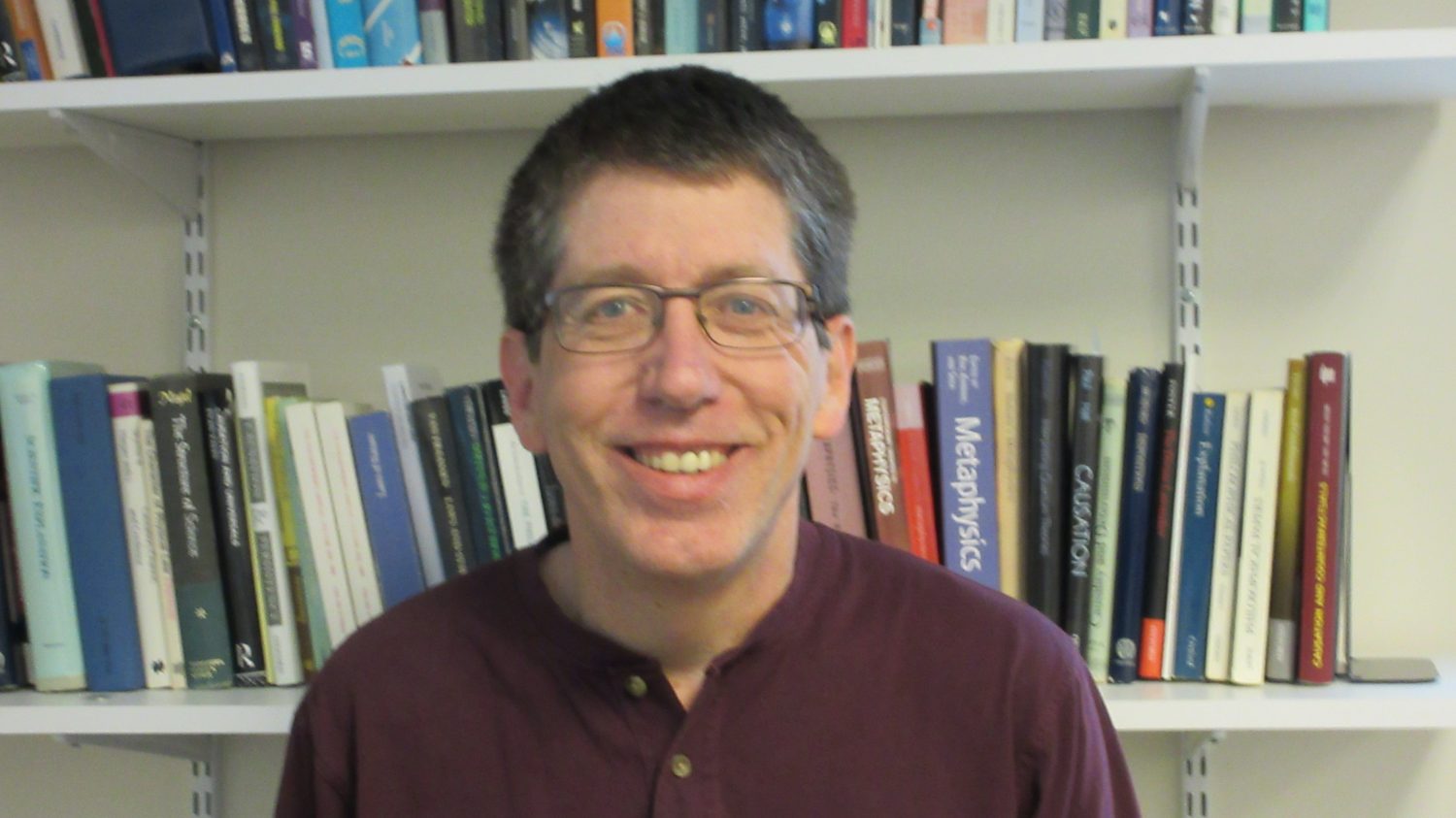Adler Spends Year at Israel Institute for Advanced Studies

William Adler, Distinguished University Professor of Religious Studies, spent the 2016/17 academic year as a Fellow at the prestigious Israel Institute for Advanced Studies in Jerusalem. He was a member of a collaborative research group on the topic From Creation to Sinai: Genesis and Exodus in Antiquity — Jewish, Christian, and Early Muslim Tradition in Interaction.
Over the course of his career, Adler has received numerous other honors and awards. These include fellowships from the Annenberg Institute (1988–89), Dumbarton Oaks (1993–94), the National Endowment for the Humanities (1998–99), the Center for Advanced Judaic Studies (2007–08) and the Freie Universität Berlin (Spring 2015); and distinguished visiting research appointments at the University of Adelaide (1996, 1997, and 1998), Friederich-Schiller-Universität Jena (2005), and the University of Basel (2008).
During his time at the Israel Institute for Advanced Studies, Adler worked on two major book projects. The first is a critical edition of the Palaea Historica, an anonymous Christian Byzantine text from the late 9th or early 10th century. This book is under contract with Brepols for Corpus Christianorum, Series Apocryphorum. The second is a monograph, The Reception History of the Book of Jubilees, for Oxford University Press’s series The Apocrypha in the History of Interpretation.
On March 20, 2017, while based at the Institute, Adler gave the prestigious Sternberg Lecture on the Study of Religion at the Hebrew University of Jerusalem.
Previous Sternberg lecturers have included the Swedish theologian Jesper Svartvik of Lund University and the late Cardinal Carlo Maria Martini, a towering intellectual figure in the Roman Catholic Church who was Archbishop of Milan from 1980 to 2002 and a leading liberal candidate for the Papacy in the 2005 conclave.
Adler’s lecture, “Jesus’ Priesthood and the ‘Secret Codex’ in Tiberias,” was about a friendly exchange between a Jewish leader, Theodosius, and a Christian artisan, Philip, that is assumed to have taken place during the reign of the emperor Justinian I (527 to 565). During the discussion, Theodosius reveals the existence of a secret codex that is stored in Tiberias and is said to prove conclusively Jesus’ divine sonship. In his lecture, Adler explored the origins and reception of the story and its importance for the study of early Christianity and Jewish-Christian relations in Byzantium.
- Categories:


